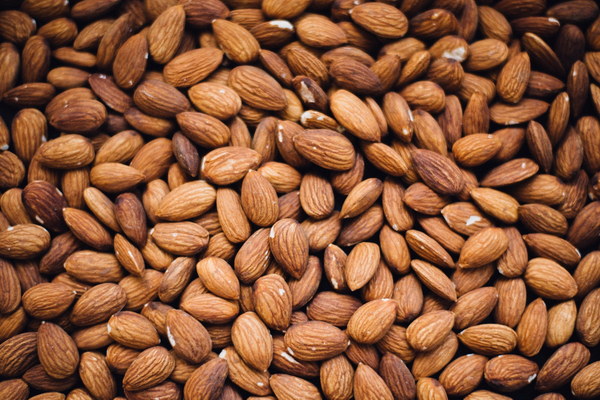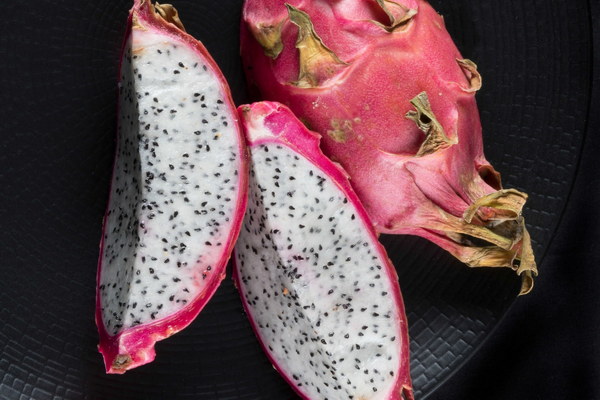Rejuvenation and Nourishment A Journey to Heart Attack Recovery
Recovering from a heart attack is a challenging journey that requires a combination of medical treatment, lifestyle changes, and self-care. One crucial aspect of this recovery process is nourishment, which plays a significant role in rebuilding the heart and improving overall health. In this article, we will explore the importance of replenishing the body with the right nutrients and the various dietary approaches that can aid in heart attack recovery.
The first step in heart attack recovery is to follow a heart-healthy diet, which includes reducing saturated fats, trans fats, cholesterol, and sodium. These dietary adjustments help lower blood pressure, reduce the risk of another heart attack, and improve the heart's function. Here are some key components of a heart-healthy diet:
1. Fruits and vegetables: These are rich in vitamins, minerals, and antioxidants, which can help protect the heart and reduce inflammation. Aim for a variety of colorful fruits and vegetables to ensure you get a wide range of nutrients.

2. Whole grains: Foods like whole wheat bread, brown rice, and oatmeal are high in fiber and can help lower cholesterol levels. Incorporate these into your meals to keep your heart healthy.
3. Lean proteins: Choose lean sources of protein such as chicken, turkey, fish, and plant-based options like lentils and tofu. These foods are low in saturated fats and can help build and repair damaged tissues.
4. Healthy fats: Monounsaturated and polyunsaturated fats, found in foods like avocados, nuts, seeds, and olive oil, can help lower cholesterol and reduce the risk of heart disease.
5. Low-fat dairy: Choose low-fat dairy products like milk, yogurt, and cheese, as they are rich in calcium and protein without the added saturated fat.
6. Limited processed and red meat: These foods are high in saturated fats and can increase the risk of heart disease. Try to limit your intake of processed and red meat in your diet.
In addition to a heart-healthy diet, certain nutrients can aid in heart attack recovery and overall heart health:
1. Omega-3 fatty acids: Found in fish, nuts, and seeds, omega-3s have been shown to reduce inflammation and improve heart health. Aim to consume fatty fish like salmon, mackerel, and sardines at least twice a week.
2. Vitamin D: This nutrient is essential for heart health and can be obtained from sunlight exposure, dietary sources like fatty fish, and supplements. Vitamin D deficiency has been linked to an increased risk of heart disease.
3. Magnesium: This mineral helps regulate blood pressure and may reduce the risk of heart disease. Foods rich in magnesium include leafy green vegetables, nuts, seeds, and whole grains.
4. Potassium: A vital nutrient for heart health, potassium can help lower blood pressure and reduce the risk of heart disease. Foods like bananas, potatoes, and leafy green vegetables are great sources of potassium.
5. Antioxidants: These compounds protect the body from oxidative stress and inflammation. Foods rich in antioxidants include berries, dark chocolate, and green tea.
To ensure a successful heart attack recovery, it is essential to not only focus on what you eat but also how you eat. Here are some tips for a healthy eating plan:
1. Plan your meals: Make a weekly meal plan to ensure you incorporate a variety of heart-healthy foods into your diet.
2. Cook at home: Preparing your meals at home allows you to control the ingredients and portion sizes, making it easier to maintain a heart-healthy diet.
3. Listen to your body: Pay attention to how different foods make you feel and adjust your diet accordingly. Some people may find that certain foods cause bloating, gas, or discomfort and should be avoided.
4. Seek professional advice: Consult with a healthcare provider or a registered dietitian to create a personalized eating plan that meets your specific needs and preferences.
5. Be patient: Heart attack recovery is a gradual process, and it may take time for you to adjust to a new diet. Be patient with yourself and celebrate small victories along the way.
In conclusion, heart attack recovery requires a comprehensive approach that includes medical treatment, lifestyle changes, and proper nourishment. By adopting a heart-healthy diet and incorporating essential nutrients, you can help rebuild your heart and improve your overall health. Remember, seeking professional advice and making gradual, sustainable changes will lead to the best possible outcome in your recovery journey.









